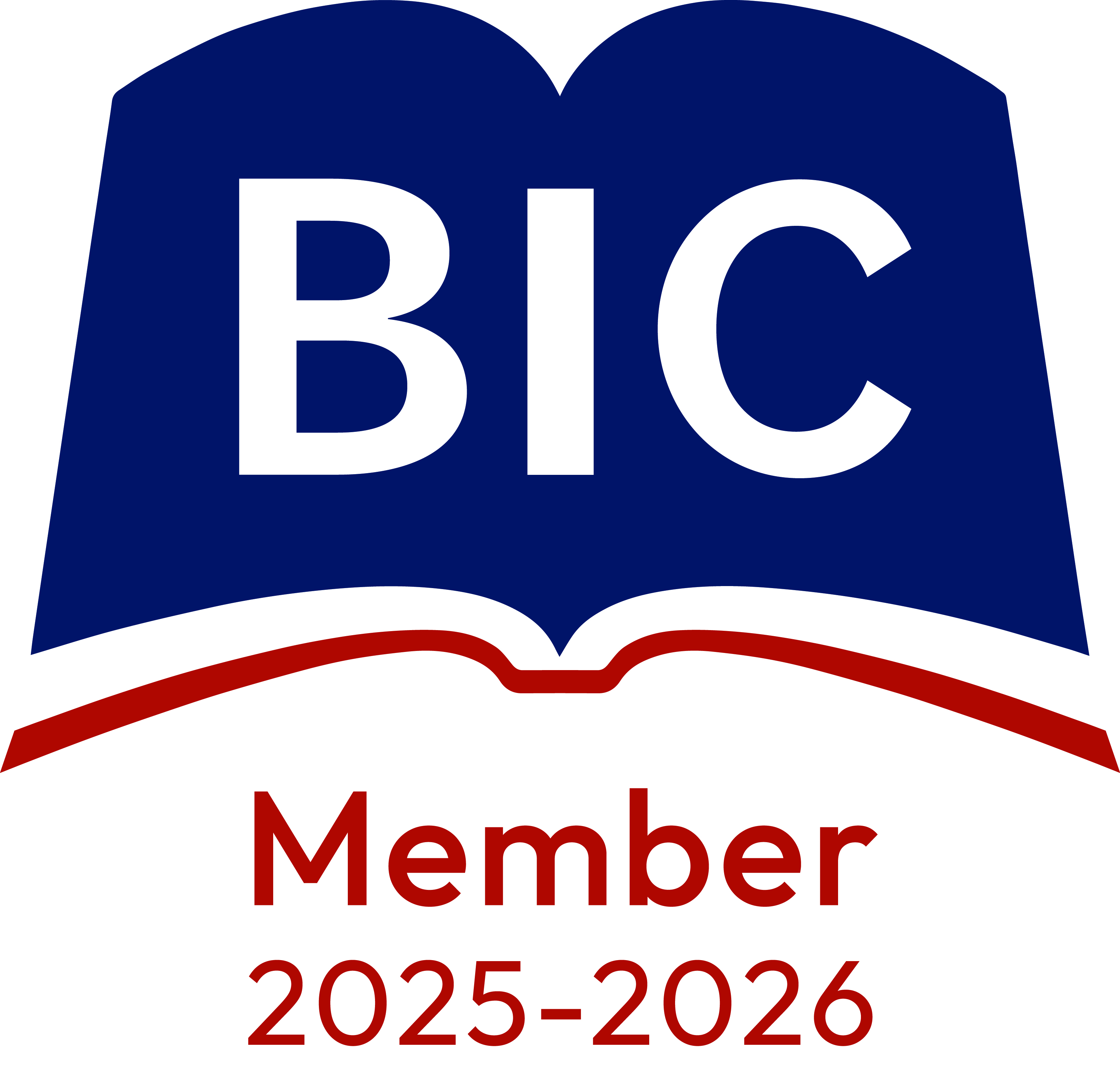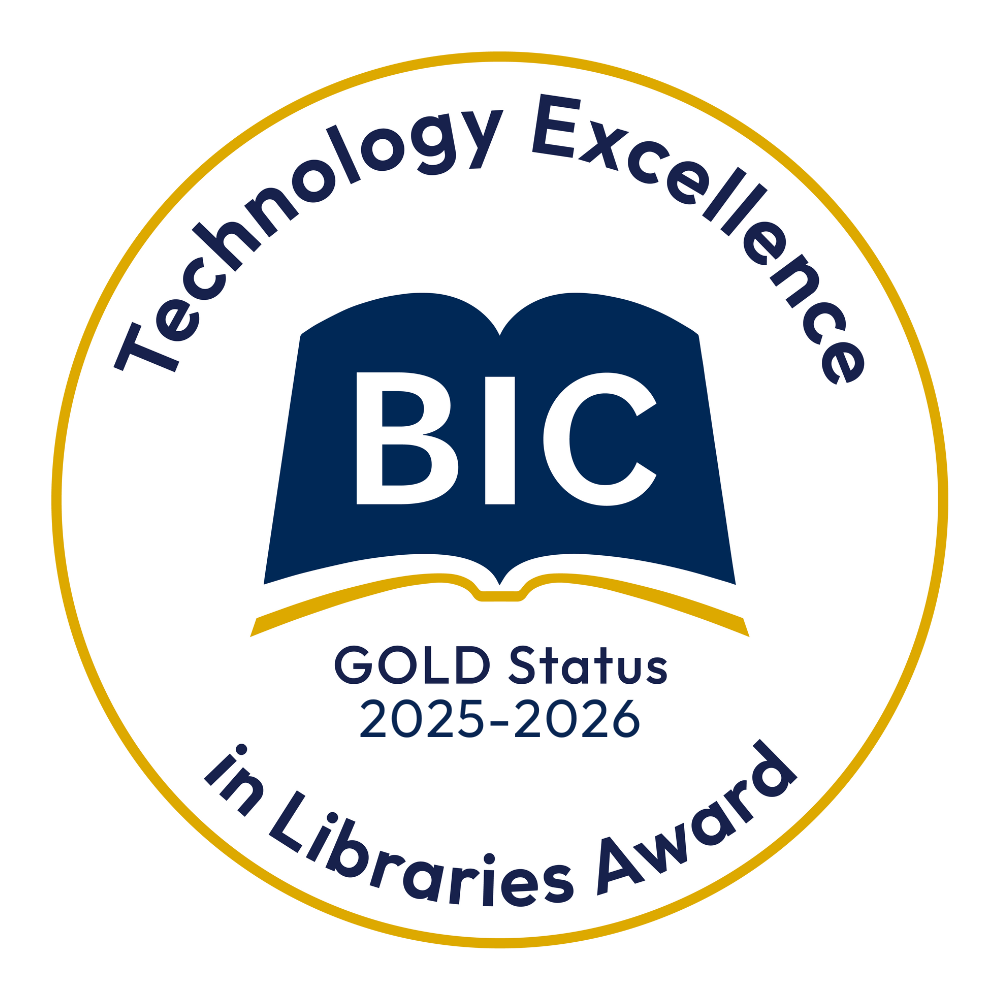Please note that we will automatically hold all schools orders from 16–20 February due to the half-term break. If your school remains open for delivery and you'd like your books delivered during that week, please let us know by calling us on 0121 666 6646 or emailing hello@peters.co.uk.
The Reading Framework
The DfE's updated reading framework seeks to support schools both with the high-quality teaching of SSP, fluency and comprehension, and in motivating pupils to develop a
life-long love of reading.
Making sure children become engaged with reading from the beginning is one of the most important ways to make a difference to their life chances, so they need to learn to read as fluently as possible and be motivated to continue reading for pleasure, not only throughout primary school but also into Key Stage 3 and beyond.
See below for our team's top ten tips to consider when responding to the framework. We've also launched a new Reading Framework blog series, focusing on meaningful ways to implement key aspects of the framework guidance while building on your existing provision.

Top 10 tips to consider
|
|
Get in touch
For bespoke advice and support from our team of Curriculum Advisors, email us at hello@peters.co.uk or call 0121 666 6646 to talk to a member of our team.





